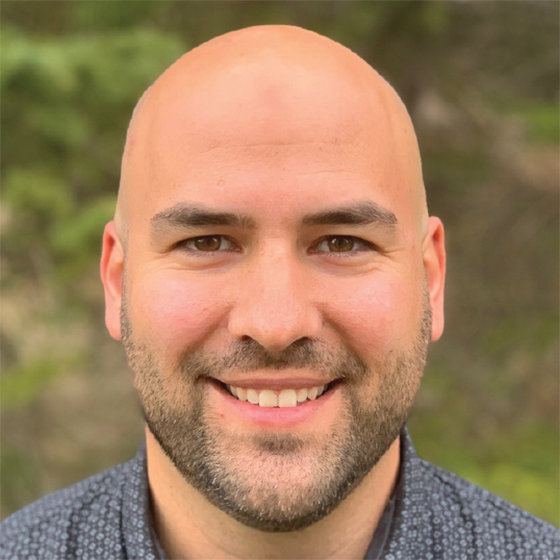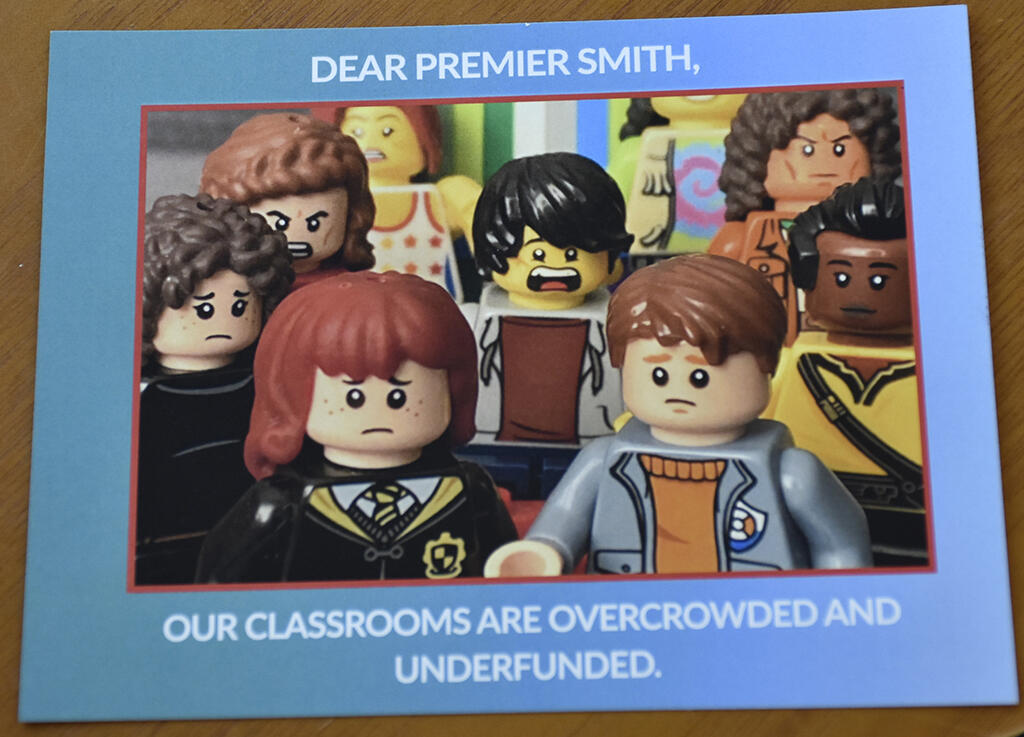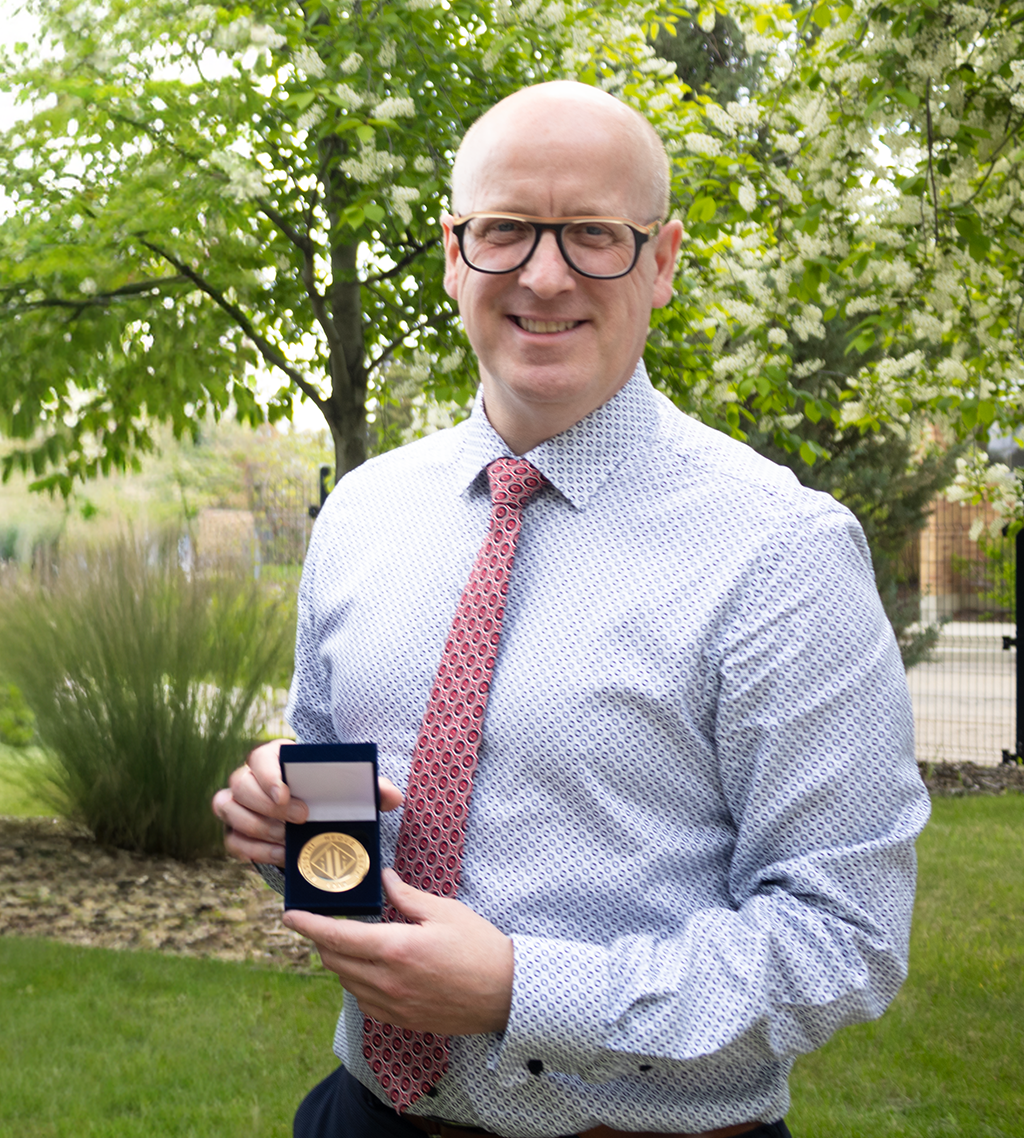Taanishi, bonjour and hello. My name is Jerome Chabot. As a proud Métis man and a descendant of the Red River Métis, I carry the stories, struggles and triumphs of my ancestors within me. Our history is rich, complex and deeply intertwined with the very fabric of what is now Canada. Yet, for far too long, much of our knowledge has been lost, hidden or left dormant, a direct consequence of the tumultuous events of the 1800s.
This is precisely why Métis education is not just important, but absolutely vital. Too often overlooked in broader discussions of Indigenous education, Métis education holds the key to unlocking a more complete and truthful understanding of our past, present and future. Through it, we can reclaim lost knowledge, challenge harmful misconceptions, foster pride in our identity, and promote reconciliation by sharing our distinct history and culture with all Canadians.
Following the resistance movements of the 19th century, when our Nation bravely stood against the encroaching Canadian government, the Métis people were often branded as rebels or treasonous. This characterization had a devastating impact, pushing our unique culture, traditions and educational practices underground. The vibrant ways of knowing that had sustained us for generations were suppressed, leading to a profound disconnect for many Métis individuals and communities.
Compounding this historical injustice is the persistent confusion surrounding the very word “Métis.” Derived from the French “métissage,” meaning “mixing,” it has unfortunately fostered a harmful and inaccurate narrative that reduces our Nation to simply “mixed-blood” people. This misconception ignores the fundamental truth of who we are: a distinct Indigenous Nation, born from the intermingling of European and Indigenous cultures, yes, but forged into a unique and sovereign people with our own language, governance and way of life. We are a buffalo-hunting Nation from the western plains of what is now Canada, with a rich history of self-sufficiency, vibrant trade and strong community ties.
This reductionist view of Métis identity is not merely an academic point; it has tangible, negative consequences. It undermines our inherent rights as an Indigenous people, erases our unique contributions to Canadian history, and creates barriers to understanding and celebrating our distinct cultural heritage. It is a narrative that must be challenged and corrected.
Through Métis education, we can
- reclaim lost knowledge: by actively teaching our history, language (Michif), traditional practices and worldview, we can revitalize what was suppressed and empower future generations to connect with their heritage;
- challenge misconceptions: education is the most powerful tool to dismantle the harmful “mixed-blood” narrative and assert our identity as a distinct Nation with our own unique culture and governance;
- foster pride and identity: for Métis youth, learning about their rich heritage can be a profound source of pride, strengthening their sense of self and belonging; and
- promote reconciliation: for non-Métis individuals, understanding our distinct history and culture is a crucial step toward genuine reconciliation, moving beyond superficial acknowledgements to a deeper appreciation of Indigenous diversity.
While it is essential for all Canadians to recognize the similarities and shared struggles of many Indigenous Nations, it is equally important, if not more so, to celebrate our differences and distinct identities. The Métis Nation is not a footnote in Canadian history; we are a foundational chapter, a people with a vibrant culture that continues to thrive.
The journey to reclaim our narrative through education is ongoing. It requires dedication, resources and a commitment from all levels of society to ensure that the stories, traditions and contributions of the Métis Nation are finally given the prominence and respect they deserve.
As we acknowledge the National Day for Truth and Reconciliation this September 30, let us work together to build a future where Métis children, and indeed all Canadians, can understand and celebrate the unique and powerful legacy of the Métis people.
Jerome Chabot is a proud Métis educator and a descendant of the Red River Métis. He bridges cultural heritage and modern curriculum as a First Nations, Métis, Inuit cultural and curriculum consultant with Elk Island Public Schools. Drawing on his experience as a former elementary teacher and school administrator, he brings a grounded, practical approach to his work. A lifelong keeper of tradition, Chabot honors his roots through the cherished practices of fiddle playing, jigging and operating his family’s trapline.

First Nation, Métis and Inuit Curriculum and Cultural Consultant


